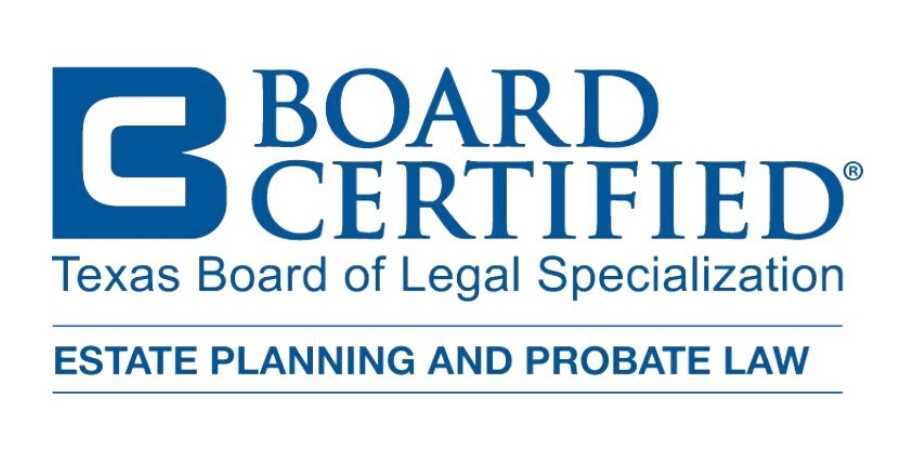Helping Seniors Qualify for Government Benefits
Qualified Income Trust or Miller Trust - What You Should Know

Something I want to talk to you today is a thing called a Qualified Income Trust. Now, the common everyday term for this is also a Miller Trust, and it nothing to do with the beer. This is an estate planning strategy I employ for my clients that helps them receive government benefits when they have a higher income. This type of trust allows certain people to be able to qualify for government benefits, such as nursing homes benefits and things of that nature.
Miller Trust - So how does it work?
Well, first you create the Miller Trust. Within this trust, there are certain restrictions placed on what the money can be used for. Money is essentially set aside only for the benefit of that person and only certain things can be paid for with those funds. The reason I employ this estate planning strategy is because the income cap that the government imposes can be one of the reasons that prevents people from receiving benefits. The current income cap is around $2000 and change in monthly income. So, the way this trust helps is by assigning the income stream to the trust and the trust, not the person, basically gets the income. It's an irrevocable trust, meaning it cannot be changed. It cannot be modified. As a result, it has the ability to “push” the income out of the person's name, reducing their income, thus allowing them to qualify for benefits.
Getting all your questions answered
When I meet with my clients, we discuss what would be most beneficial and advantageous to them and their situation. It is important for us to meet because everyone is different, and I need to help them plan according to their needs and the goals they are trying to achieve. They might want to put all of their income or just some of their income into the Miller Trust. But I recommend to my clients who may benefit from this strategy that they will want to put enough the trust to be sure they qualify for the benefits that they need.
Next steps...
Once the Miller Trust is in place and their monthly income is being streamed to the trust, they can run the benefits application again and now that income that has been moved out of the person’s name and into the trust, so it is no longer counted. Now that my clients qualify under the income test, the Miller Trust has done its job.
What's the "down side"?
Now, here's kind of the other shoe that has to fall. So, the downside of a Miller Trust is that all of the accumulated funds in the trust have to go to repay the government for whatever benefits were paid out. So, if over time, if there is $10,000 has accumulated in the Miller Trust, those $10,000 dollars, upon the death of the individual, will go to the state. Now, in most cases, it is a better bargain to do the Miller Trust and go ahead and have the income pushed out and possibly lost in the future because the benefit of having the government pay for nursing home benefits is much more valuable in the moment of need.
What are other things to consider?
Another important thing to keep in mind is that you can do some of this estate planning ahead of time. If you plan for “what if I become incapacitated?” there are certain types of trusts that we can put in place. There could be some revocable trusts that could be started and then they become irrevocable upon a disability. So, as you can see, there's lots of different things that we can do if we have more “runway” or time to let the plan evolve.
The other thing that's important is that there's a five-year look back, which means the government can look back five years and say, “Hey, during these five years, you still had these assets, so you don't qualify”. Now, that's more along the lines of the assets, and that's beyond what the trust does. The Miller Trust will only help my clients qualify under the income test; it doesn't do anything to qualify under the asset test.
Bottom line, the more time you have to plan for the future, the much better off you will be in being able to protect your assets and provide funds for your family once you pass, instead of it going straight to repay the government.
If you would like to take some time to find out more, contact us today to discuss further by calling 956-791-5422 in Laredo, Texas.
























